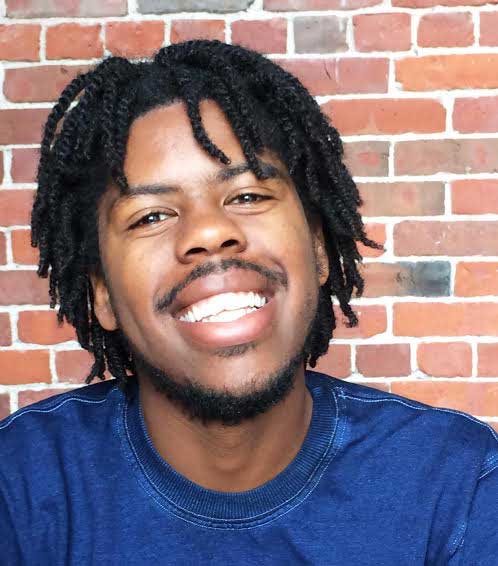 When I’m asked how I came to illustrate Patricia Hruby Powell’s Josephine: The Dazzling Life of Josephine Baker (Chronicle Books 2014), my most direct answer is that my agent Steven Malk shared the manuscript with me, after being approached by editors at Chronicle. The more magical response would be that Josephine Baker’s life was an inspiration to me long before I read Powell’s text.
When I’m asked how I came to illustrate Patricia Hruby Powell’s Josephine: The Dazzling Life of Josephine Baker (Chronicle Books 2014), my most direct answer is that my agent Steven Malk shared the manuscript with me, after being approached by editors at Chronicle. The more magical response would be that Josephine Baker’s life was an inspiration to me long before I read Powell’s text. Guest Blogger: Christian Robinson
 When I’m asked how I came to illustrate Patricia Hruby Powell’s Josephine: The Dazzling Life of Josephine Baker (Chronicle Books 2014), my most direct answer is that my agent Steven Malk shared the manuscript with me, after being approached by editors at Chronicle. The more magical response would be that Josephine Baker’s life was an inspiration to me long before I read Powell’s text.
When I’m asked how I came to illustrate Patricia Hruby Powell’s Josephine: The Dazzling Life of Josephine Baker (Chronicle Books 2014), my most direct answer is that my agent Steven Malk shared the manuscript with me, after being approached by editors at Chronicle. The more magical response would be that Josephine Baker’s life was an inspiration to me long before I read Powell’s text. 


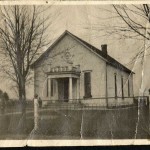
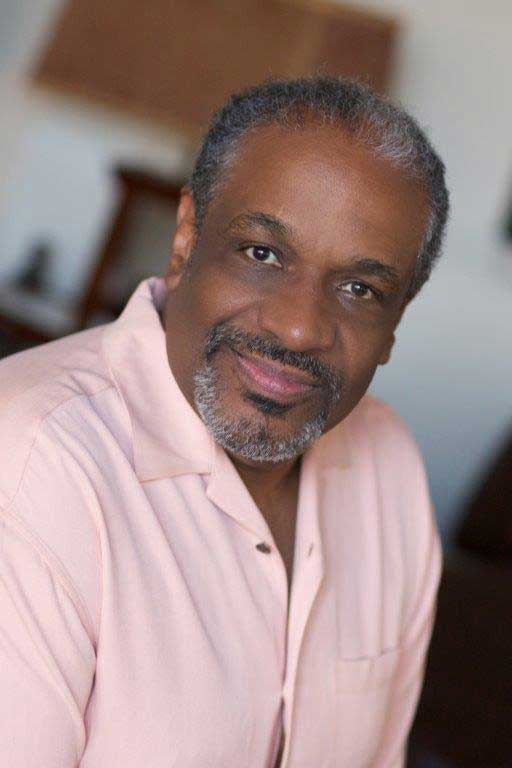 I enjoy writing in the first person. I feel it gives readers immediate insight into a novel’s protagonist; from the beginning of the story they’re inside the head that person—with all the confusion and clarity that it entails. So, when I begin to write a book, I simply sit in a not-too-quiet place (usually the library) and have an internal conversation with whomever it is that’s narrating the work, and I start taking dictation. (Old-timer’s term, look it up.) It’s a fascinating process because so often I learn from this character that the tale I’m set on telling is all wrong.
I enjoy writing in the first person. I feel it gives readers immediate insight into a novel’s protagonist; from the beginning of the story they’re inside the head that person—with all the confusion and clarity that it entails. So, when I begin to write a book, I simply sit in a not-too-quiet place (usually the library) and have an internal conversation with whomever it is that’s narrating the work, and I start taking dictation. (Old-timer’s term, look it up.) It’s a fascinating process because so often I learn from this character that the tale I’m set on telling is all wrong.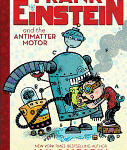
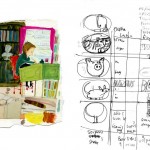
 For me, it was the sheer number of fields in which Roget developed a working knowledge, and in which he also had significant influence. Roget was interested in just about everything and wrote papers, articles, and books on subjects ranging from botany to mathematics and optics to public health. Today, when most people super-specialize in a field or a skill set, this may seem unfocused. But in Roget’s time, when there was no such thing as a professional scientist, this broad intellectual life was encouraged and admired.
For me, it was the sheer number of fields in which Roget developed a working knowledge, and in which he also had significant influence. Roget was interested in just about everything and wrote papers, articles, and books on subjects ranging from botany to mathematics and optics to public health. Today, when most people super-specialize in a field or a skill set, this may seem unfocused. But in Roget’s time, when there was no such thing as a professional scientist, this broad intellectual life was encouraged and admired.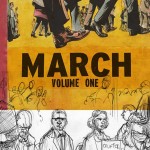
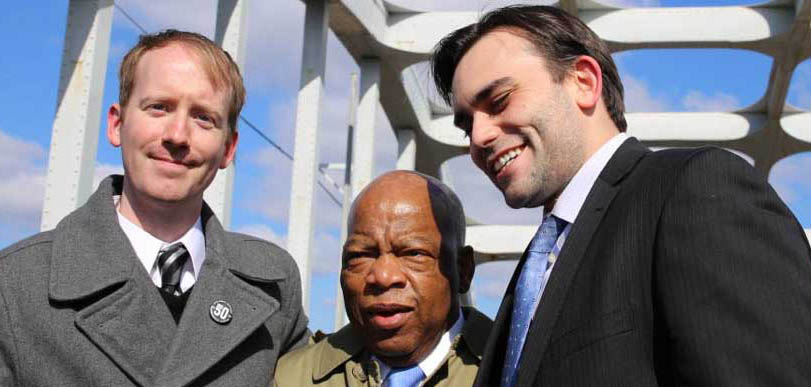 The whole thing started in 2008, when I was working as Congressman John Lewis’s press secretary during his primary campaign.
The whole thing started in 2008, when I was working as Congressman John Lewis’s press secretary during his primary campaign.